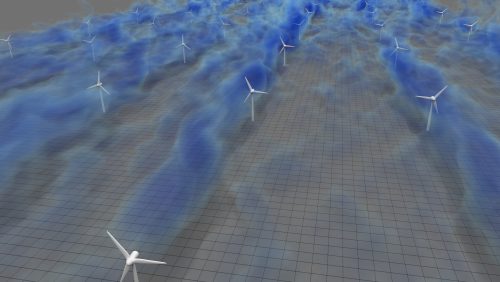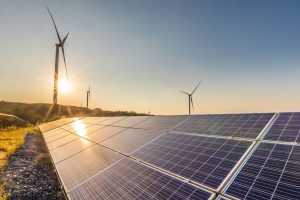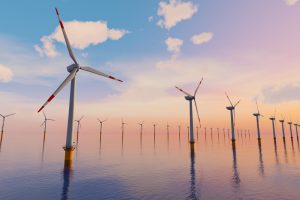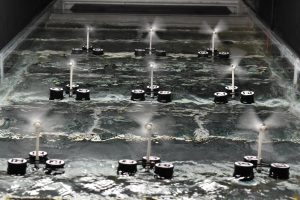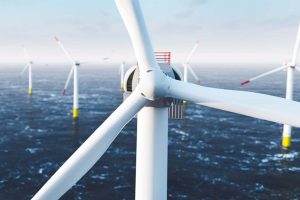Johns Hopkins faculty are working on solutions to global challenges in sustainability, including advanced energy harvesting devices, more efficient wind farms, and smart electrical grids.
We are leading efforts to create resource-efficient energy systems and technologies. Researchers have developed models to better understand the physics of oil spills, which should help inform cleanup strategies. They are developing computational models that can be used to improve wind farm design and operations. Another active area of investigation is model analysis to improve how renewable energy sources can be used to power national electric grids.
Specialties
- Ocean Phenomena (oil-mixing and dispersion, bubble dynamics, and stratified flows)
- Wind Farm Modeling and Design
- Grid Integration of Renewable Energy Sources
- Advanced Energy Harvesting Devices
- Ocean Observation Systems
Faculty
-
James Bellingham
Bloomberg Distinguished Professor and Executive Director of the Johns Hopkins Institute for Assured Autonomy Email:jbellingham@jhu.edu
Email:jbellingham@jhu.edu
-
Email:dennice@jhu.eduPhone:(410) 516-5784

-
 Email:katz@jhu.eduPhone:(410) 516-5470
Email:katz@jhu.eduPhone:(410) 516-5470
-
 Email:julie.lundquist@jhu.edu
Email:julie.lundquist@jhu.edu
-
Charles Meneveau
Louis M. Sardella Professor in Mechanical Engineering Email:meneveau@jhu.eduPhone:(410) 516-7802
Email:meneveau@jhu.eduPhone:(410) 516-7802
-
Email:mittal@jhu.eduPhone:(410) 516-4069

-
 Email:rui.ni@jhu.eduPhone:(410) 516-0939
Email:rui.ni@jhu.eduPhone:(410) 516-0939
-
Email:t.zaki@jhu.eduPhone:(410) 516-6599

Affiliated Groups, Centers, and Institutes
- Center for Environmental and Applied Fluid Mechanics
- Ralph S. O’Connor Renewable Energy Institute
- Networked and Spatially Distributed Systems Research Group (Gayme)
- The Kang Group for Bioinspired Materials and Mechanical Systems
- Laboratory for Experimental Fluid Mechanics (Katz)
- The Turbulence Research Group (Meneveau)
- Flow Physics and Computation Lab (Mittal)
- Fluid Transport Lab (Ni)
- Flow Science and Engineering (Zaki)
The Ralph S. O’Connor Renewable Energy Institute
The institute will integrate efforts across the university to create and implement clean, renewable and sustainable energy technologies; educate future energy leaders; and support implementation, markets, and policies that promote an affordable and equitable green energy future for a more resilient world.
